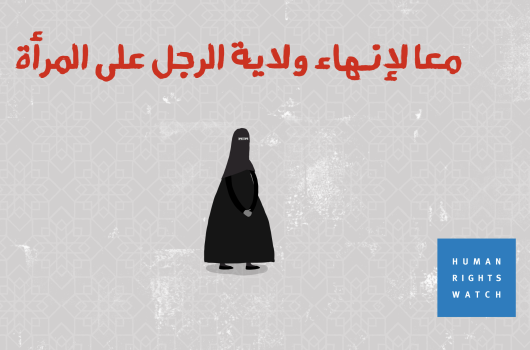
Yesterday Saudi Arabia announced that it would allow women to drive, ending a longstanding policy that has become a global symbol of the oppression of women in the ultraconservative kingdom. The change, which will take effect in June 2018, was announced in a royal decree read live on state television and in a simultaneous media event in Washington. Saudi leaders hope the new policy will help the economy by increasing women’s participation in the workplace. Many working Saudi women spend much of their salaries on drivers or must be driven to work by male relatives.
According to the latest New York Times article “rights groups and Saudi activists have long campaigned for the ban to be overturned, and some women have been arrested and jailed for defying the prohibition and taking the wheel.” One of the campaigns quoted in the article as leading to the big change is Together to End Male Guardianship: a campaign created by ANIMADOCS for Human Rights Watch that was rated “HRW’s most viewed video on Facebook for 2016”. The grassroots movement that the campaign created has led to over 14,000 Saudi women signing a petition asking for the government policy to be changed.
ANIMADOCS is thrilled to have a small part in this historic change, and hopes this will be just the beginning for women in Saudi Arabia! Prince Khalid bin Salman, the Saudi ambassador in Washington, said women would be able to obtain driver’s licenses without having to ask permission of their husbands, fathers or any male guardian — despite so-called “guardianship” laws that give men power over their female relatives. Under these laws, women still cannot travel abroad, work or undergo some medical procedures without the consent of their male “guardian,” often a father, a husband or even a son.




